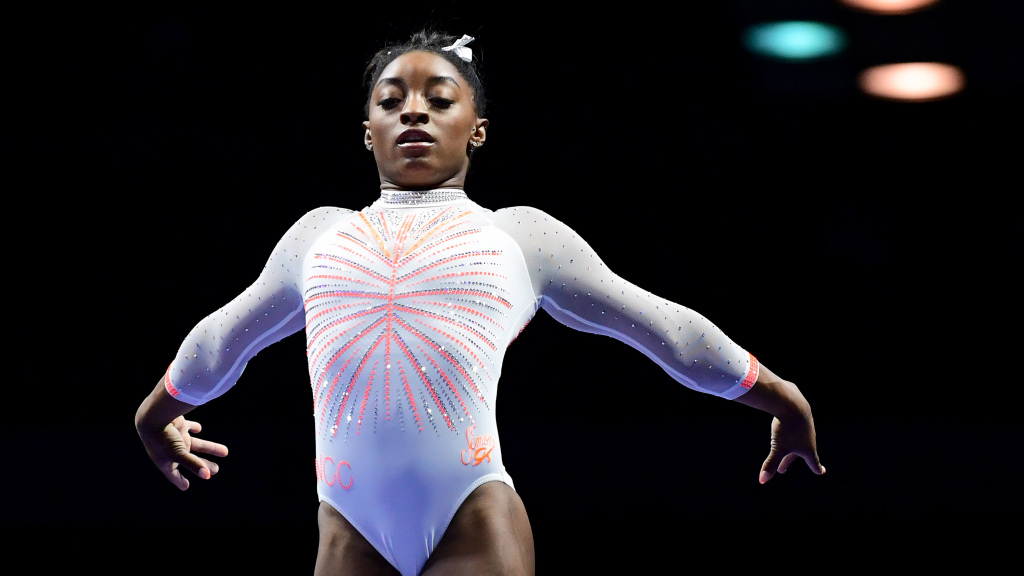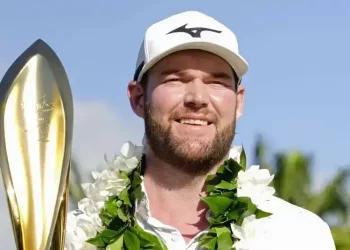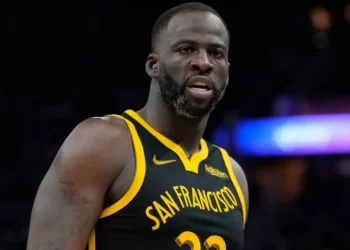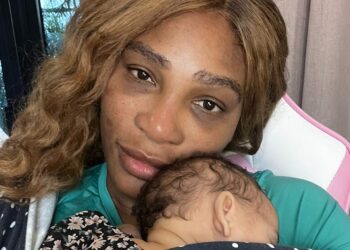By: Dr. Letisha Engracia Cardoso Brown
It has been said before by scholar-activist Dr. Harry Edwards, but it needs to be said, again and again until it is taken to heart, and fundamental change begins, “like a piece of equipment that Black athlete is used.” Watching Day 4 of the Olympic Games, July 27th, 2021, and the women’s gymnastics team finals which began streaming live at 6:45 am was, all things considered, a real lesson in Dr. Edwards’s message. After faltering on her vault, an event that Simone has been a leading scorer on for years, she stepped away for a moment. Not long after her return to the main room where she stood alongside her teammates continuing to cheer them on, it was announced that she would not enter the next rotation, then that she wouldn’t be competing in the team finals at all. The shift in the atmosphere was visible even from my coach. The tweets changed in tone, as did the news articles that started to pop up about Biles with each passing moment. The announcers kept Biles’ privacy intact stating that they had little information and that it was a “medical issue,” that was being reviewed. However, it was when the medical issue turned out not to be a physical injury that things really took a turn.
Similar to when Naomi Osaka declined to speak to the media in order to protect her mental health, so now is Simone Biles facing backlash for walking out of the team finals. News articles are writing about her health as “mental issues,” in quotes which inflects a tone of disbelief, especially now that the team holds a silver medal rather than the coveted gold that is safely in the hands of the R.O.C. Whatever reason Biles decided to walk away from the team finals was hers to make, and I for one, hope that she is allowed the time and space she needs to heal and recover from what ails her. Not because she is an elite athlete deserving of a break from the pressures of the world. Not because she took it upon herself to remain a visible survivor of the gymnastics administration’s failure to protect young women and girls from the predatory actions of Larry Nassar, though both are more than reason enough. No, I hope she is allowed time and space for one reason—she is human. Simone Biles is a Black woman living in an anti-Black world where she must also contend with misogynoir—the term coined by feminist scholar, writer, and activist Moya Bailey who recognizes the term as the specific form of racist sexism experienced Black women are faced with daily.
As a Black sportswoman, Simone, Naomi, and Serena, and others are scrutinized in ways that their white counterparts are not, particularly when it comes to matters of the mind. Due to historical myths about the resiliency of Black womanhood, Black women and girls are treated as though we need less support, protection, or respect than others in society. When Malcolm X said in his May 1962 speech that “the most disrespected, unprotected, and neglected person in America is the Black woman” (cited in Overstreet, 2019, p. 20), he was addressing the systemic inequalities that Black women are faced with daily. We hear calls such as “protect Black woman” across social media, but who is really protecting Black women? Black women create and support the movements that protect us and others from #BLM and #SayHerName to #BlackGirlMagic, while supporting candidates for office that will support the most vulnerable among us. So, again, who besides us is out in the world protecting us? Black feminism and womanism talking about love between generations of Black women, and even there cracks and divisions can be seen, and simultaneously it often feels as though we are all we have. So, I write this piece for Simone Biles, Naomi Osaka, for my four sisters, my sister-friends, my Twitter friends, and Black women and girls to say I see you, and I am here for you. Your health and happiness matter more than the expectations of others. It is not, nor has it ever been our job to hold up this fractured world, though it seems that is all we do. Nevertheless, we will remain magical, because as we move through this world bent on destroying us we carrying on, sometimes bent but not broken, sometimes spent but not depleted. Even when they kill us in our homes or try to use up our bodies for their own gains, we have each other to lean on and help the next group to plant and water to grow in our mother’s gardens. When Alice Walker revitalized Zora Neale Hurston’s graved and breathed life into what we now call womanism, she breathed life into all of us through the longs of our mothers which breathed life into our own. So, let us rally around Simone Biles, Naomi Osaka, and others as the world tries to come for them and their piece. We have power enough in our lungs to blow them away.
So keep going Simone, because we know you can! When you’re ready when you’ve decided it’s time, and do it for you and we will cheer from everywhere we are. I hope you can hear us, hear me, cheering you on! You are #BlackGirlMagic personified.
Author’s Bio
Dr. Letisha Engracia Cardoso Brown is an Assistant Professor in the Department of Sociology and an affiliate of the Africana Studies and Women’s and Gender Studies programs at Virginia Tech. Her research utilizes a Black feminist lens to examine critical sport studies, food studies, and Black girlhoods. Her work can be found in publications including the South African Review of Sociology, the International Journal of Environmental Research and Public Health, the Palgrave Handbook of Feminism and Sport, Leisure and Physical Education, Nuts & Bolts Sports, and First and Pen.
References
Overstreet, M. 2019. My first year in academia or the mythical black woman superhero takes on the ivory tower. Journal of Women and Gender in Higher Education, 12(1), 18-34.


 NFL
NFL





